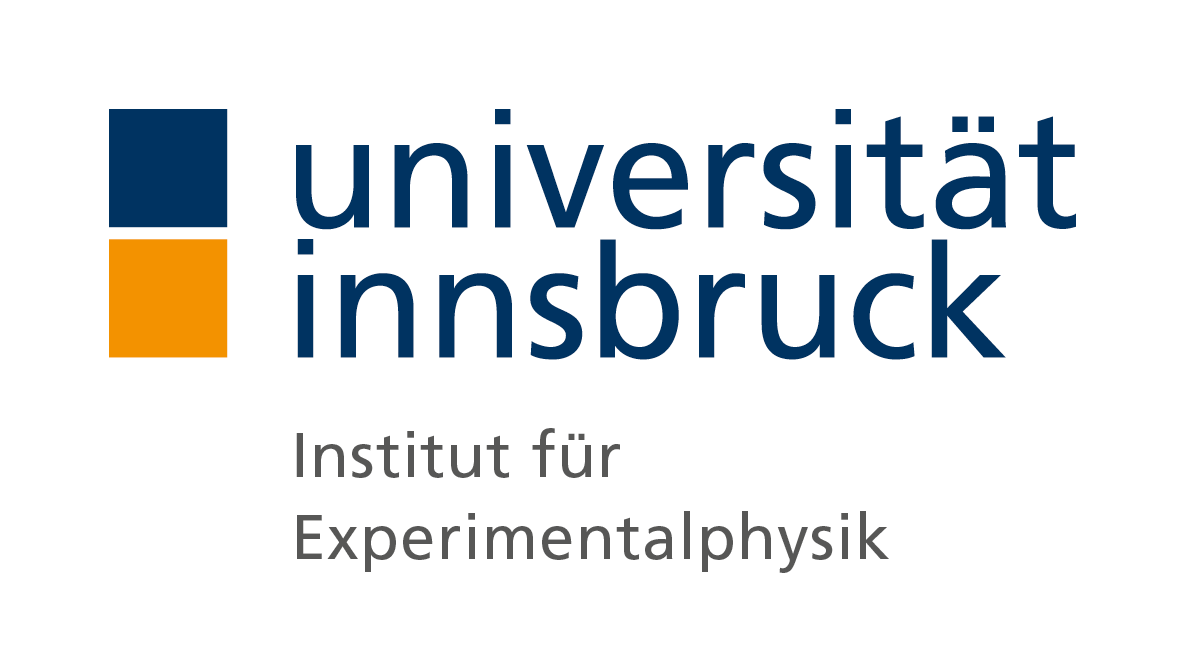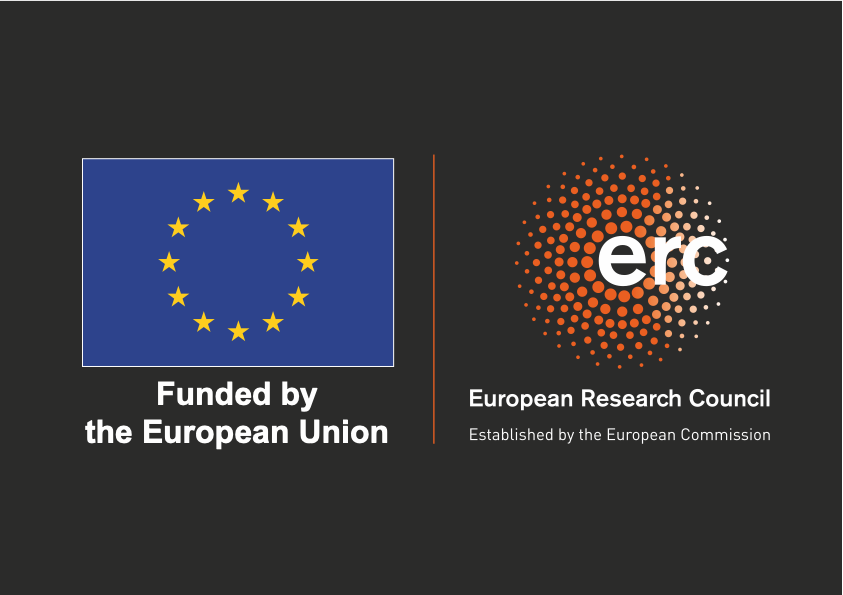Quantum molecules
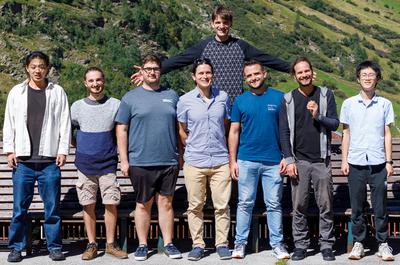
About
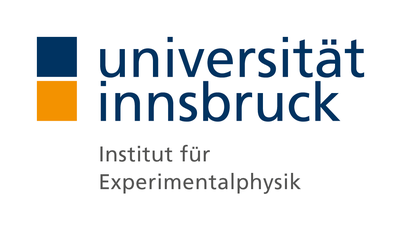
Research
Quantum characterization and control of single molecules
Research goals
In the last decade, a worldwide effort to build a large-scale quantum computer has been made. Trapped atomic ions are one of the most promising physical quantum computing architectures and have been the focus of our research at the University of Innsbruck
In the quantum molecules group, we aim to explore the physics and harness the computational potential of a more complex trapped ion system: polyatomic molecules. As a first task, we tackle the long-standing challenge of preparing, controlling, and characterizing single polyatomic molecules at the quantum level using techniques that have been developed for quantum computing with atomic ions.
Background: Quantum logic spectroscopy
Performing spectroscopy on molecular ions has a long and successful history. Unfortunately, the commonly used methods destroy the molecules in order to detect their state. Within our research, we will perform non-destructive measurements with quantum logic methods that have been invented for atomic clocks with trapped atomic ions. These quantum logic methods couple the molecule to an atomic ion that is suitable for quantum computing and for which quantum control techniques have already been developed. These quantum logic techniques are at the heart of one of today’s most precise atomic clocks.
The core concept of quantum logic spectroscopy is based on the coupling of the spectroscopy ion’s motion to the logic ion’s motion via the electromagnetic interaction. This coupling allows us to transfer the techniques that have been developed for quantum computing, onto less accessible species, be it atoms or molecules.
These quantum logic techniques are the basis of our research where we plan to control polyatomic molecular ions.
Quantum information processing
Quantum error correction in a single molecule
We are developing strategies to encode quantum information robustly in a single molecule. In particular, the molecular rotation of single molecule allows to In the last decade, a worldwide effort to build a usable quantum computer has been made.
Trapped atomic ions are one of the most promising physical quantum computing architectures and have been the focus of our research at the University of Innsbruck.
The rotation of trapped molecules offers a promising platform for quantum technologies and quantum information processing. In parallel, quantum error correction codes that can protect quantum information encoded in rotational states of a single molecule have been developed.
These codes are currently an abstract concept, as no implementation strategy is yet known. We developed a step towards experimental implementation of one family of such codes, namely absorption-emission codes. We first construct architecture-agnostic check and correction operators. These operators are then decomposed into elements of the quantum logic spectroscopy toolbox that is available for molecular ions. We then describe and analyze a measurement-based sequential as well as an autonomous implementation strategy in the presence of thermal background radiation, a major noise source for rotation in polar molecules. The presented strategies and methods might enable robust sensing or even fault-tolerant quantum computing using the rotation of individual molecules.
We have found a feasible prescription on how to implement these techniques in molecular ions using quantum logic.
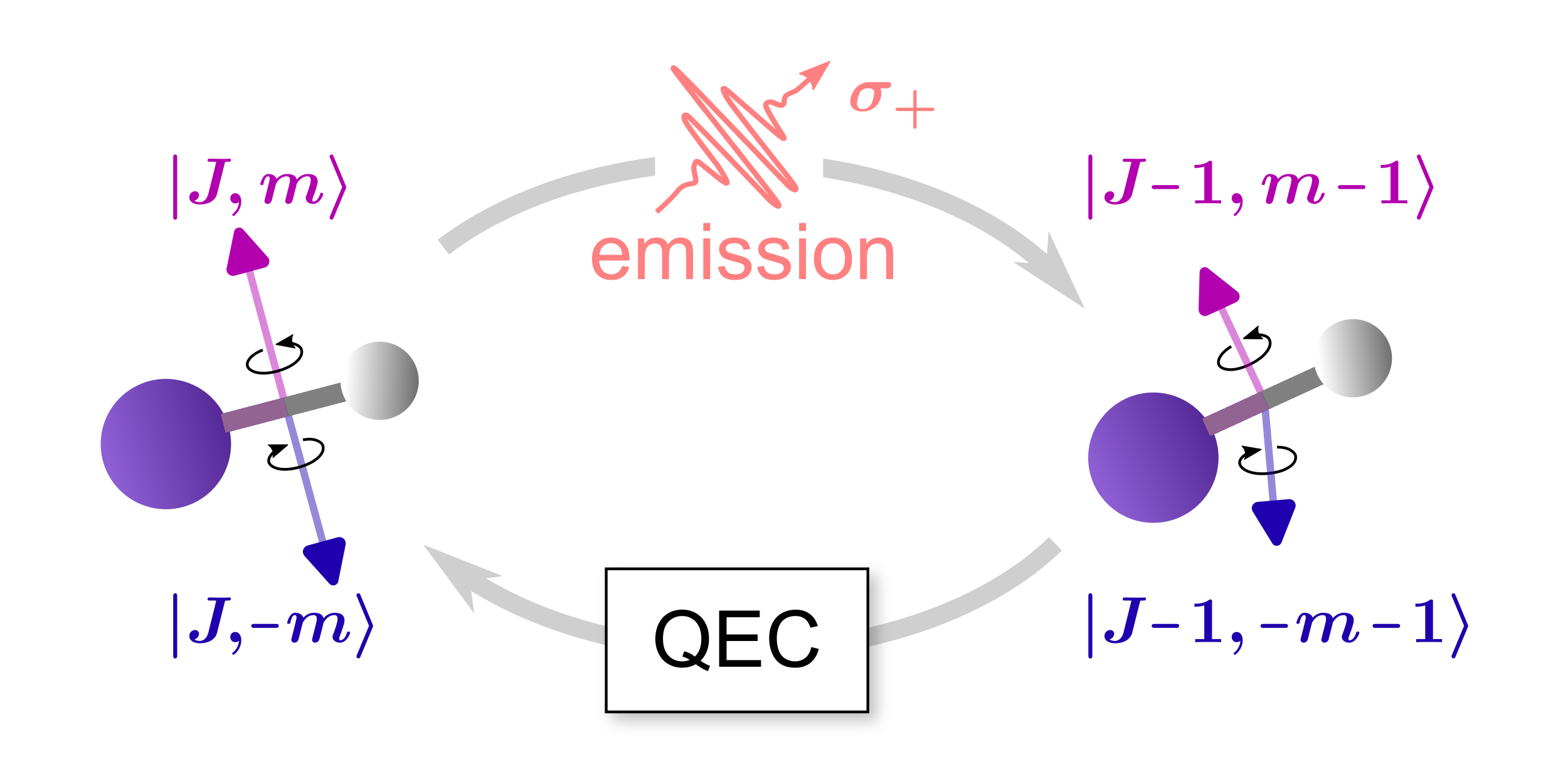
Spectroscopy and process characterization
Spectroscopy on single molecular ions
Spectroscopic studies are the basis for all atomic and molecular quantum technologies. For many molecular ions, there is almost no spectroscopic data available. Recently, we measured the single-photon and two-photon disscoiation threshold of CaOH+.
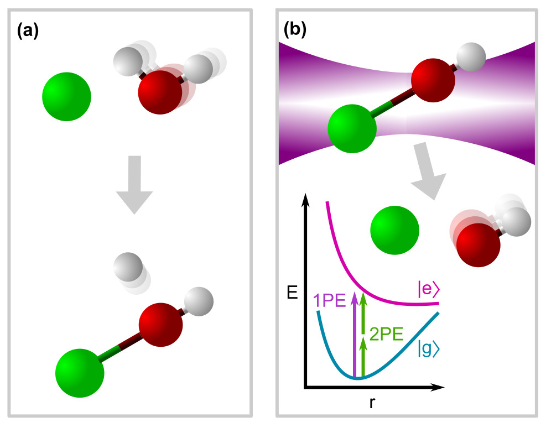
Characterization of ultrafast processes
Internal processes in molecules often occur at picosecond or femtosecond timescales, which makes them difficult to access by standard spectroscopic techniques. To overcome this problem, ultrafast time domain spectroscopy has been invented which uses a series of laser pulses at the femtosecond timescale to gain information about molecular processes. We plan to transfer these spectroscopy methods to molecular ions by exploiting the fact that a photon absorption event comes with a small momentum kick to the molecule. We will adapt an existing single photon absorption detection technique by measuring the momentum of the absorbed photon using the co-trapped atomic ion. This technique is independent of the molecular species and transition type and will thus provide a solid basis for our experiments. More details on the proposed methods can be found in the publication Ultrafast infrared spectroscopy with single molecular ions
Master’s theses
Theses can be performed by physics students of the University of Innsbruck or foreign students as an external thesis with their institution.
1.) Trapping molecules in a cryogenic Paul trap
Scientific project
Many properties of molecular ions are not known because they feature a complex internal structure and their quantum states are hard to control and read-out. Recently, quantum logic techniques, that transfer the precise tools from quantum computing to molecular spectroscopy, have been shown in various labs. We aim to prepare and control single polyatomic molecules by co-trapping them with an atomic logic ion in a cryogenic environment.
Planned work
You will adapt an existing cryogenic setup that has been developed for experiments with trapped atomic ions. The system needs to be first extended to create molecular ions using laser ionization. These molecular ions will then be guided into a Paul trap where they will be co-trapped with atomic ions.
What you get out
You will work on a state-of-the-art ion trapping experiment. We will provide excellent training in cryogenic systems, vacuum systems, ion trapping methods, and electronics. You will be completely embedded in a vibrant team, performing cutting edge research.
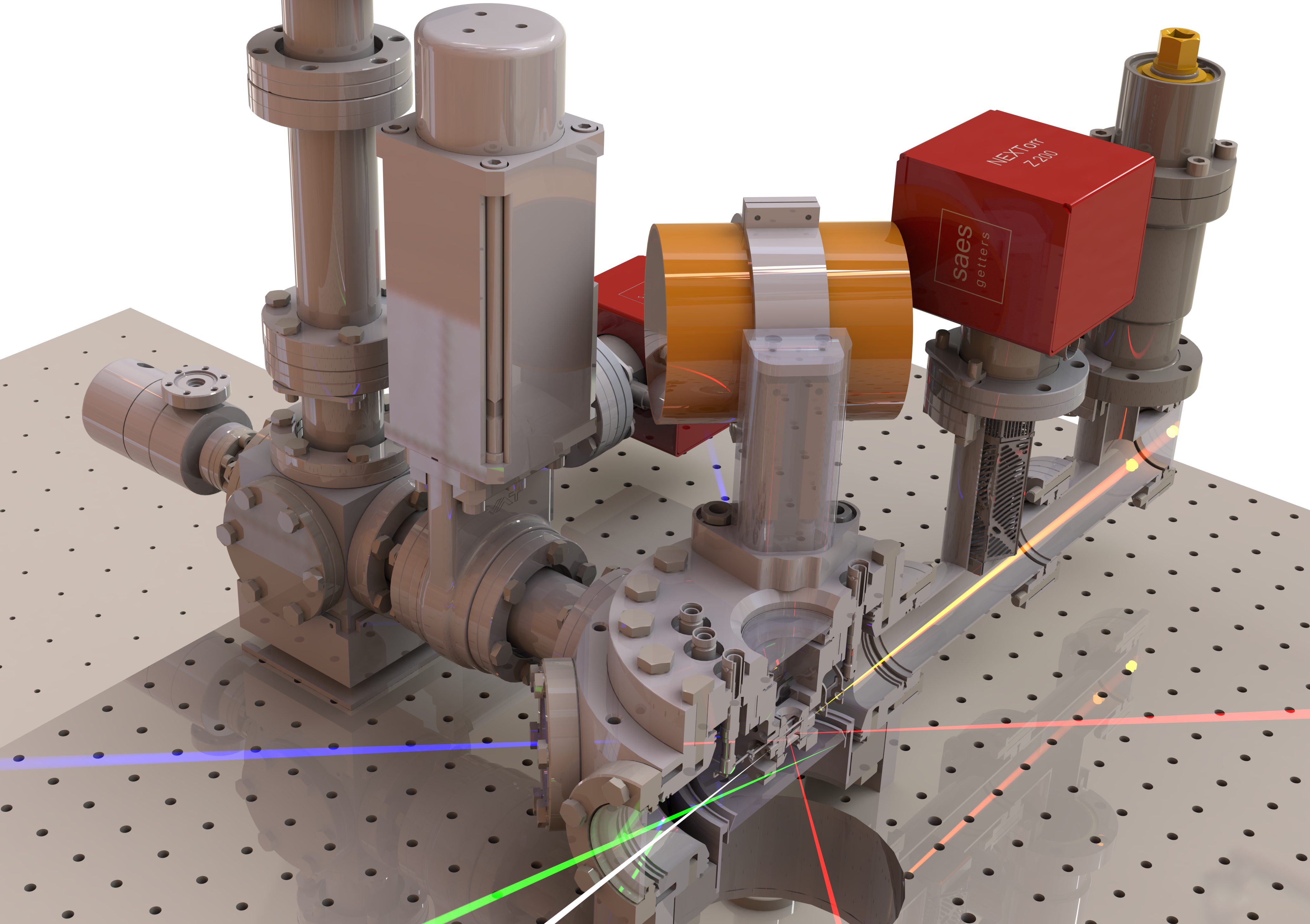
2.) Molecular control with infrared ultrafast laser pulses
Scientific project
Dynamical transport effects in molecules are usually investigated using ultrafast laser pulses at the femtosecond timescale. We plan to investigate ultrafast effects in the vibrational degrees of freedom of single molecular ions using quantum logic techniques. An existing femtosecond light source can be used to manipulate the vibrational states of the molecule.
Planned work
You will characterize a commercial laser system creating ultrashort pulses at the 200fs timescale in the visible and infrared domain. You will then create a model of the interaction between these laser pulses and the the molecular vibration. Based on these results, you will evaluate the expected dynamics on multiple candidate molecular species. Finally, the utrafast dyanmics will be observed in one of the investigated molecules.
What you get out
You will work on a state-of-the-art ultrafast laser system. We will provide excellent training in optical systems, ultrafast physics, and molecular physics. You will be completely embedded in a vibrant team, performing cutting edge research.
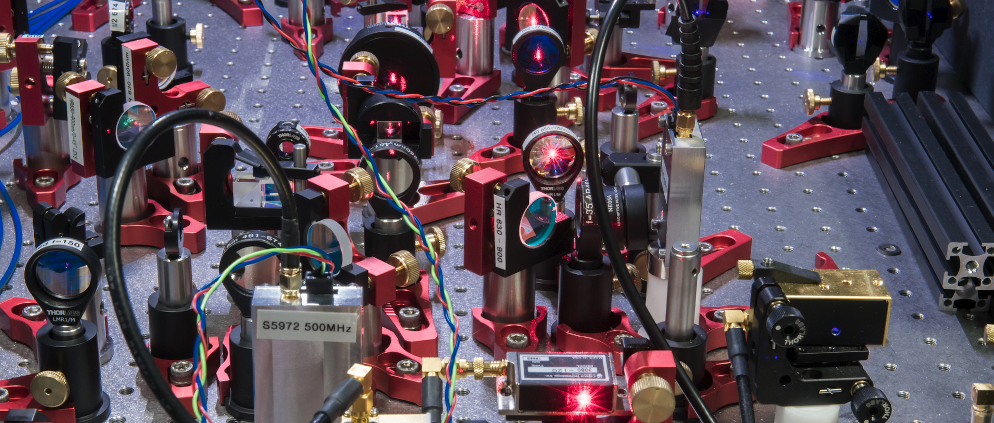
3.) Advanced quantum logic spectroscopy for polyatomic molecules
Scientific project
Molecules show a rich internal structure including electronic, vibrational, and rotational degrees of freedom. We plan to prepare complex polyatomic molecules in a single quantum state by performing quantum non-demolition measurements and subseequently applying coherent operations. For this, we will employ quantum logic spectroscopy using a molecule and a co-trapped atomic ion.
Planned work
You will develop advanced statistical and experimental methods for quantum logic spectroscopy. You will develop and validate the method susing numerical simulations. These methods are then tested on the experiment with atomic ions.
What you get out
You will develop novel strategies for quantum logic spectroscopy by combining Bayesian statistics with machine learning. We will provide excellent training in modern statistical methods, quantum state preparation, and molecular physics. You will be completely embedded in a vibrant team, performing cutting edge research.
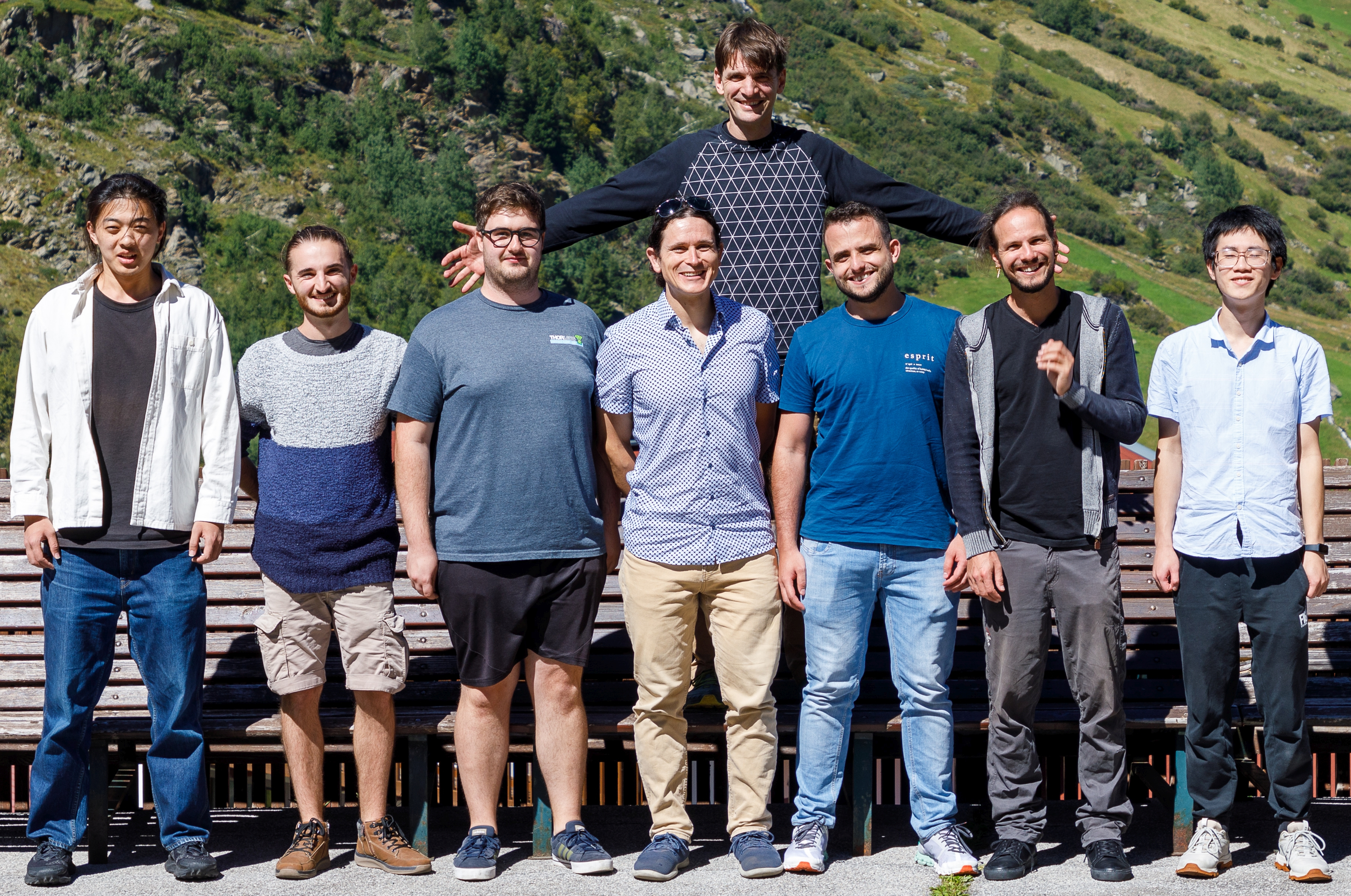
Publications
Contact
Contact information
email: philipp.schindler@uibk.ac.at
Address: Technikerstrasse 25/4 - 6020 Innsbruck
Support
